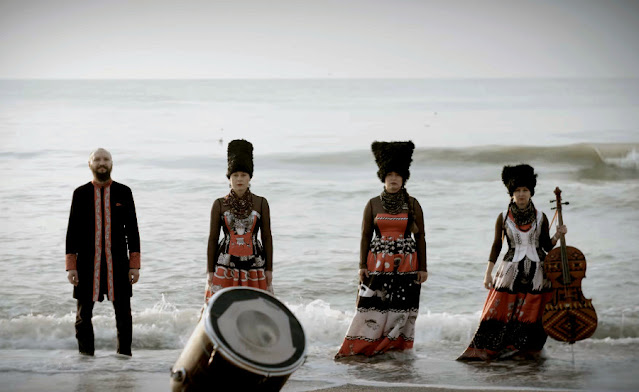Existence and Philosophy
I was recently encouraged to watch a film that, although I wanted to see, I had been putting off for a long time. Namely The Truman Show. The movie in itself was a wonderful reflection on a disturbing dystopia in which a person can be owned by a corporation without much objection from the general population. Whilst also posing a question within philosophy that I have always been particularly interested in, that is how can we know that we exist or if our experience is real? Indeed, in the movie Truman is presented with an existence in which everyone around him essentially has a script, all of his interactions are planned and he lacks the ability to freely choose his own path. The lack of true existence all becomes clear for Truman when he begins to notice inconsistencies within his life, such as repeated extras or the return of his supposedly dead father. However it still poses a philosophically interesting question of how do we know we are not in a Tv show as Truman is, that is how do we know that we truly exist in a real world and in a state which gives us the freedom of thought and choice.
Of course one can argue that there would be plenty of signs that one is on a TV show such as those which Truman discovers. Yet, with a simple change of scenario proves the strength of the philosophical question how can we know that we exist in our current state. Take for instance a scenario posed by Descartes, that is how can one tell one is sitting by a fire place in actuality and not simply dreaming such. As of course when one is in a dream state one believes one is regularly existing as one can only know that one was dreaming when one awakes. So the question is how can one know that one isn't dreaming right now? Or alternatively and perhaps even more convincingly how can one know that one is not a brain in a Vat and has never actually existed in reality to any capacity. That is how can one know that one is not simply a brain in a science lab which is being filled with projections of actual existence by a scientists, whilst remaining not as a human but as an experiment. In such a scenario the projections would be so convincing that there would be no way to tell that one is not actually living a life full of choice and next to real human counterparts.
Indeed as Descartes famously stated 'Cogito Ergo Sum' - 'I think therefore I am'. But this leads us with little we can state about how we exist. To be able to think means we must exist to some capacity but it tells us nothing of our physical state as the brain in a vat can of course think but not freely and only through thoughts projected by the scientists. This means that although we exist theres no certainty that we exist in a realm where we make our own choices or create our own path, much like how Truman's existence was mapped out for him. But unlike Truman there is not even certainty that the thoughts we make are of our own and not some thought implanted in us by a scientist, nor is there certainty that our corporeal bodies exist nor that anything around us exists to any real capacity as such can be a simple projection on the mind.
Indeed, whether and how we exist is such a widely debated topic within the realm of philosophy and a deeply interesting one, although it can often lead you with a feeling of existential dread or nihilism if one does come to the conclusion that it is not only the case that one cannot be certain of ones existence but that it is actually more likely that we do not exist as we believe we do.





Comments
Post a Comment